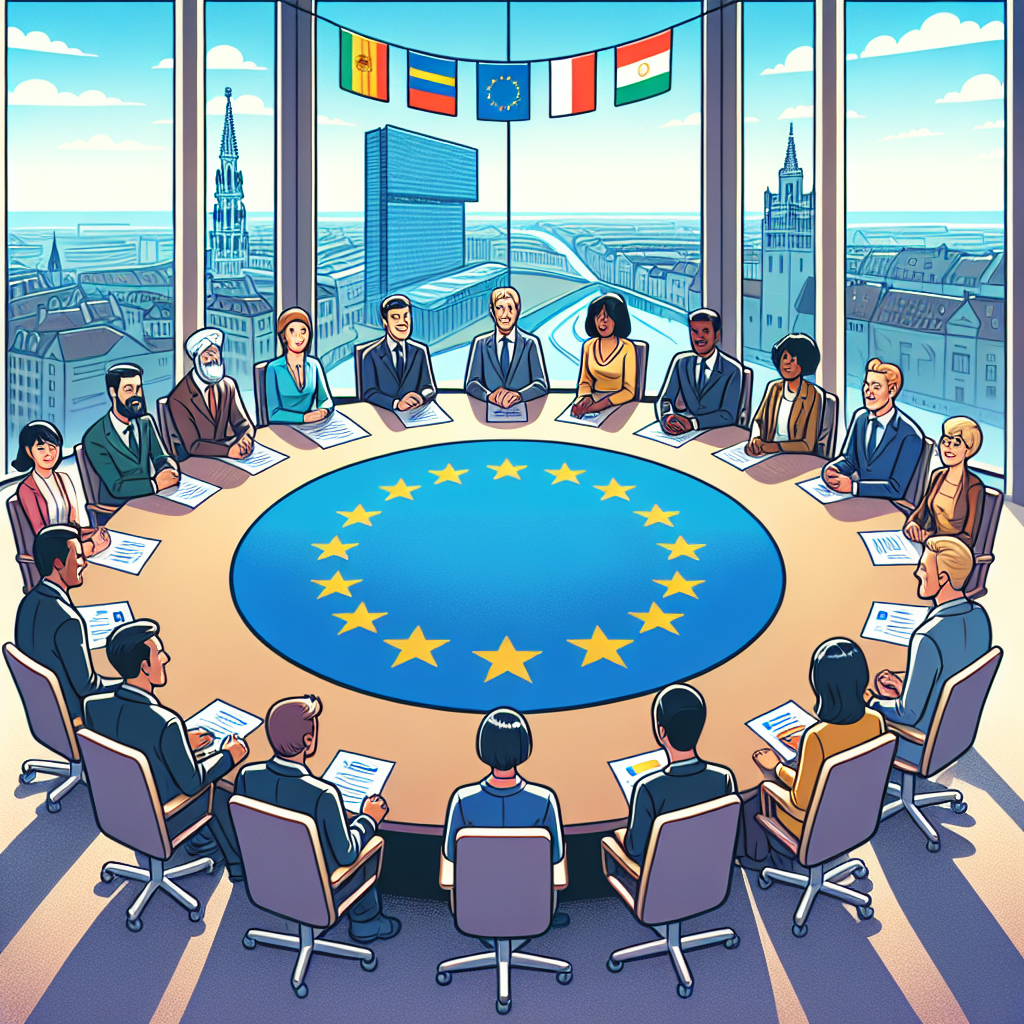EU Leaders Grapple with Financing Ukraine Amid Russian Asset Controversy
EU leaders have committed to addressing Ukraine's financial needs for 2026-2027 but refrained from fully supporting the use of frozen Russian assets for a large loan due to opposition from Belgium. The decision left the legal framework for potentially using these assets undetermined, prompting further discussions.

EU leaders reached a consensus on Thursday to meet Ukraine's financial needs over the next two years but stopped short of authorizing the use of Russian frozen assets as a significant loan for Kyiv due to Belgium's reservations.
The European Council agreed to address Ukraine's urgent financial necessity for 2026-2027. However, the council's text didn't explicitly endorse the use of immobilized Russian assets to fund a 'reparation loan' of approximately 140 billion euros. Instead, it urged the European Commission to explore financial support options based on an assessment of Ukraine's needs.
Belgian Prime Minister Bart De Wever stressed his country won't bear all risks associated with such actions and called for shared responsibility among EU members. While advocating for transparency, he insisted on covering legal costs collectively and involving Russian assets held by other countries.









